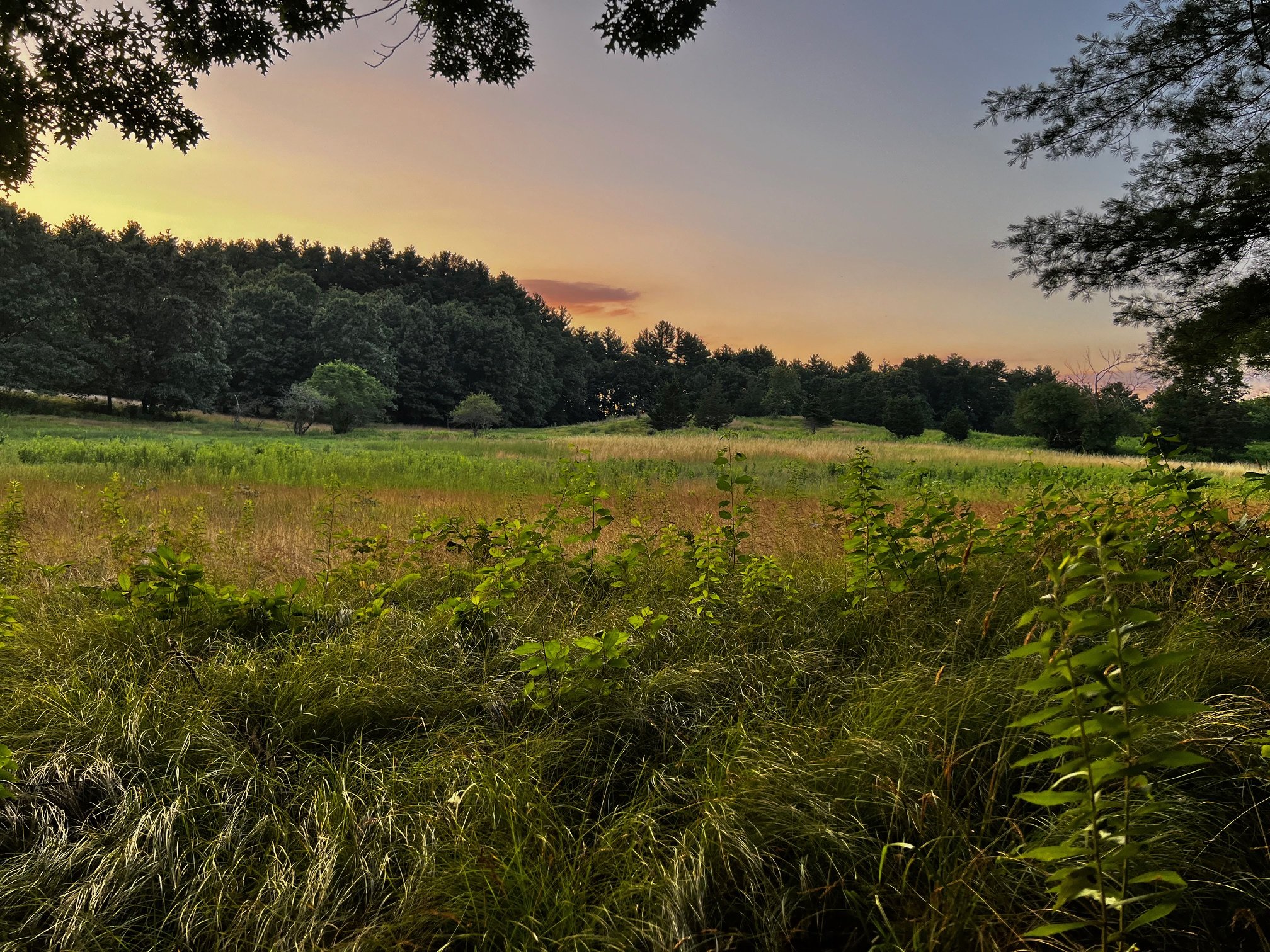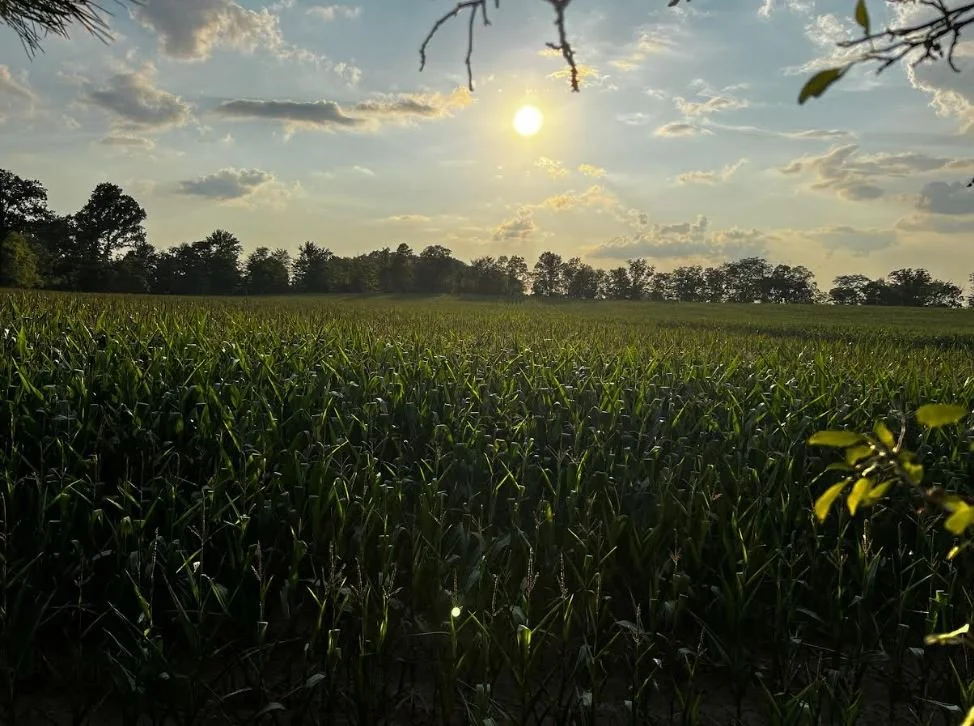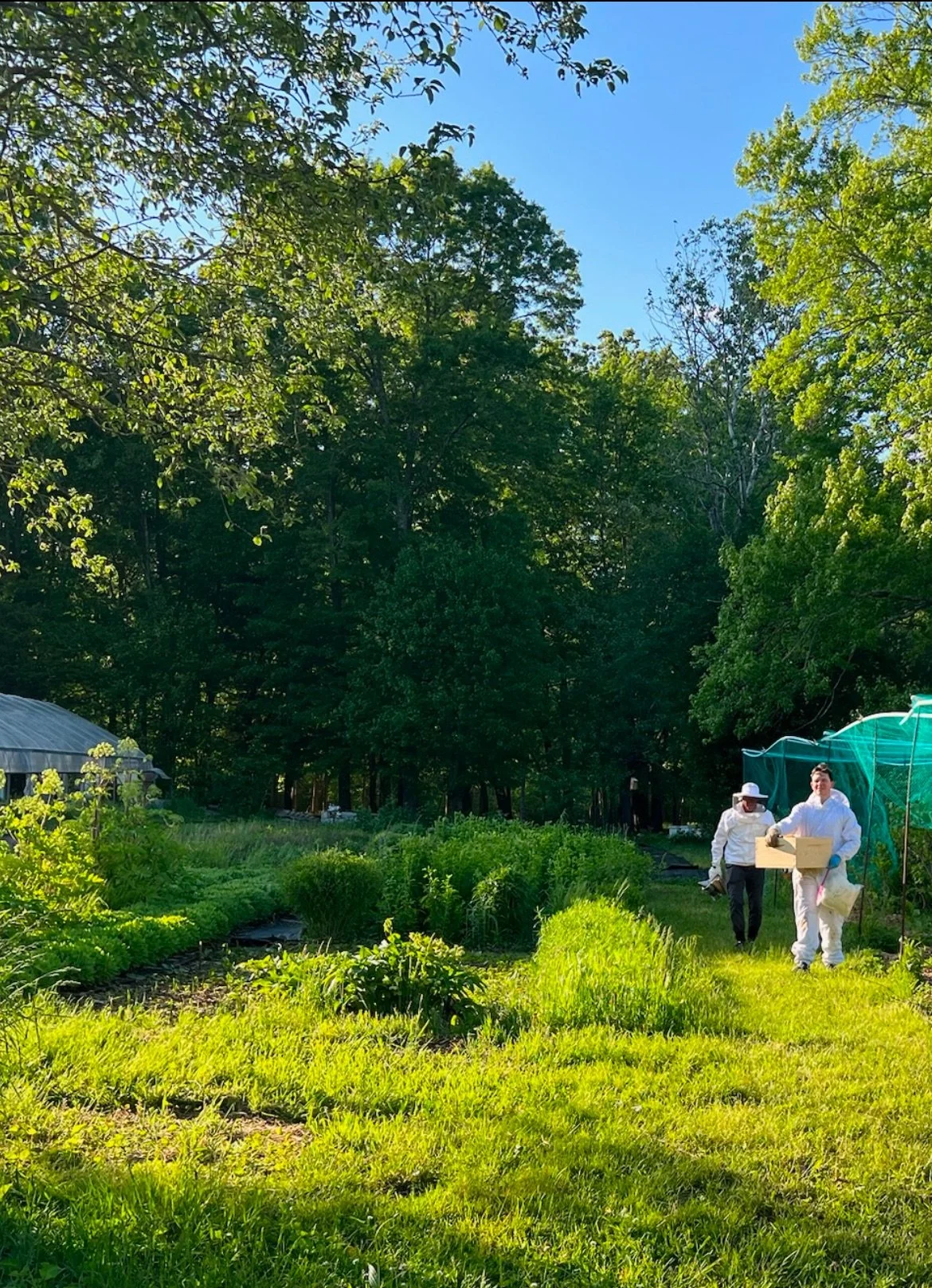
Pollinating what sustains us. Growing together.
Providing thoughtful integrations of honeybee hives and pollinator plants to maximize the growth of fresh produce and enhance biodiversity, designed for both local farms and backyards.
Our mission is supporting people and pollinators, and all things that grow.
Backyard Beehives
Honey bees are gentle but ambitious foragers that can be introduced to most backyards, enhancing blooms and productive gardens. We handle all logistics, install and maintenance.
Farm Support
We provide small-scale, targeted pollination, but we also bring additional support from the USDA, pollinator plantings, and educational support for your programs. We love to teach and mentor!
Success Stories
We support biodiversity research, conduct our own, and provide donations to Massachusetts farms who use sustainable practices in making foods accessible.
The Community Hive Project
If you watch a bee closely, you will see it dedicating every moment of it’s short 6-week lifespan to promote the survival of it’s community —and in doing so, supports ours as well.
But there’s a bigger story than just bees. America’s family farms are shutting down, while food demands only continue to rise. Today, roughly only one-third of local farms remain. At the same time, pollinators that help produce our fruits and vegetables are also vanishing at an alarming rate. In states like Massachusetts, where 45% of produce relies on pollination by bees, the connection between pollinators and our food is undeniable – and increasingly, at risk.
Despite pressures from pollinator-plant loss and pesticide use, I think there’s still an opportunity for biodiversity to thrive. That belief is what led me to start the Community Hive Project. My mission is twofold: to support biodiversity, and thereby improve food availability through the thoughtful integration of beehives and pollinator plants. The fuller picture that connects pollinator behavior, plant availability, and sustainable food production needs to be considered holistically. Like a three-legged stool, without one, we can’t have the other two.
I provide full-service beehive management and plant installations to support backyard gardeners and landscapers, hobbyist beekeepers, and local farms. The goal is powerful and sustainable pollination that supports the local biodiversity as much as the food produced by it. To track success in these areas, I collect data and incorporate predictive analytics to further improve my approach. I also love to mentor and provide education to all who are interested. I’m a certified beekeeper through Essex County, received a Masters in Public Health from Brown University, am registered with the USDA’s Natural Resources Conservation Services, and am based in Natick, Massachusetts.
Gabe Verzino, March 2024

Pollination Potential
The western honey bee (Apis mellifera) may be the most efficient pollinator in the natural world, contributing to 30% of total human dietary supply. An average adult worker bee lives about 4-6 weeks, but can pollinate more than 130 varieties of fruits and vegetables. Their critical contribution to pollinate extends to other essential crops, such as apples, almonds, and melons. A 2021 review published in Insects found that honey bees can increase the weight of fruit by up to 50% compared to non-pollination. Their ability to pollinate makes them indispensable for sustainable food production.




